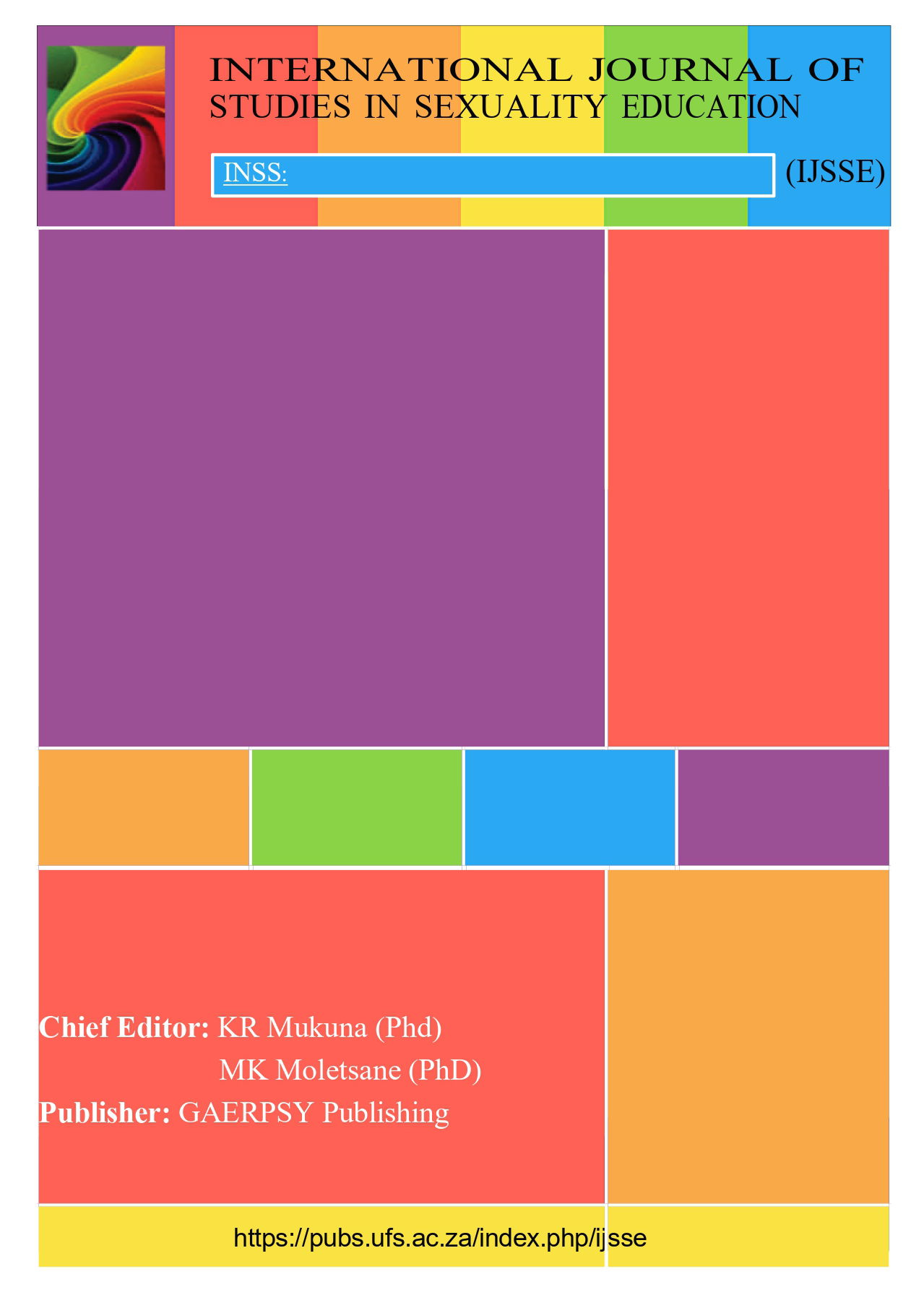International Journal of Studies in Sexuality Education

Sexuality Education is defined in international agencies, such as the United Nations Population Fund (UNFPA) and the United Nations Educational, Scientific and Cultural Organization (UNESCO), and numerous researchers and practitioners have, as part of promoting CSE, reiterated the call for emphasizing social context especially gender and rights within programs. For example, to clarify all the elements that constitute CSE, UNFPA (2014) specifies the following in its operational guidance for CSE (1) a basis in values and human rights of all individuals as a core component, not an add-on; (2) thorough and scientifically accurate information about human rights, gender norms, and power in relationships, (including consent and decision making, sexual coercion, intimate-partner and gender-based violence, and sexual diversity); the body, puberty, and reproduction; relationships, communication, and decision-making; and sexual health (including STIs/HIV and AIDS, unintended pregnancy, condoms and contraception, and how to access health and other support services); (3) a gender focus (gender norms and gender equality) as a stand-alone topic and also infused across other CSE topics; moreover, such gender content dovetails with efforts to keep girls in school and to promote an egalitarian learning environment; (4) a safe and healthy learning environment; (5) effective teaching approaches that are participatory, help learners personalize information, and strengthen their skills in communication and decision making and in critical thinking; (6) youth advocacy and civic engagement in program design but also in empowering learners beyond the curriculum, as agents in their own lives and leaders in their communities; (7) cultural appropriateness, tailored as needed for distinct subpopulations. https://pubs.ufs.ac.za/index.php/ijsse